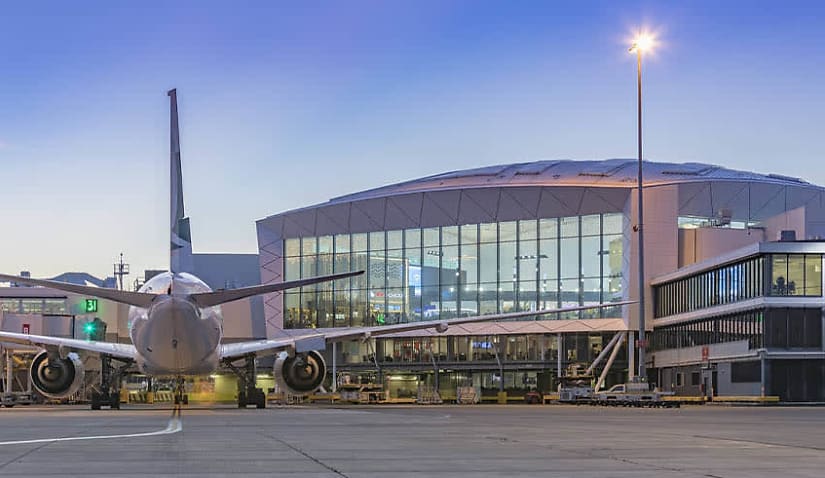The federal government will introduce an Aviation Industry Ombudsman Scheme and a Charter of Customer Rights to better enforce consumer protections in the airline sector.

In the Aviation White Paper, released on Monday (26 August), the government also signalled plans to better enforce refunds for flights that are “disrupted, cancelled or unreasonably delayed” and that these refunds may be required in cash or the original payment method rather than in vouchers.
Transport Minister Catherine King said the industry-funded Airline Customer Advocate (ACA), which is widely considered ineffectual in addressing consumer complaints and refund requests, “hasn’t made enough progress” in fixing these issues.
“Too many Australians have been left out to dry when flights are cancelled or disrupted, and it’s impossibly complex to get a refund or even contact a company representative,” she said.
“Customers deserve to get their money back if they are owed it. Full stop.
“It is time to take strong action to protect consumer rights with an Aviation Industry Ombuds Scheme and Charter of Customer Rights.”
The charter will clarify acceptable time frames for refunds to be provided, along with definitions of what is considered an “unreasonable” delay; the reasons for disruptions that are considered to be within the airline’s control; “accessible and timely” passenger communication; and any other obligations airlines have to passengers hit by disruptions, including alternative travel arrangements.
The government said the ombudsman scheme will be “supported by a legislative framework that enables compliance and enforcement”.
“Airlines will also have to ‘show cause’ – that is, report reasons for delays and cancellations as part of the regular reporting to the government, and the ombudsperson can request additional information on specific flights,” it said.
“This will increase transparency and public accountability and allow the government to identify if further regulation is needed.”
Legislation is expected to be introduced next year following a consultation period until October, with the minister’s department to appoint an interim ombudsman in the meantime to lead the drafting of the new charter.
The scheme is expected to be fully up and running by 2026.